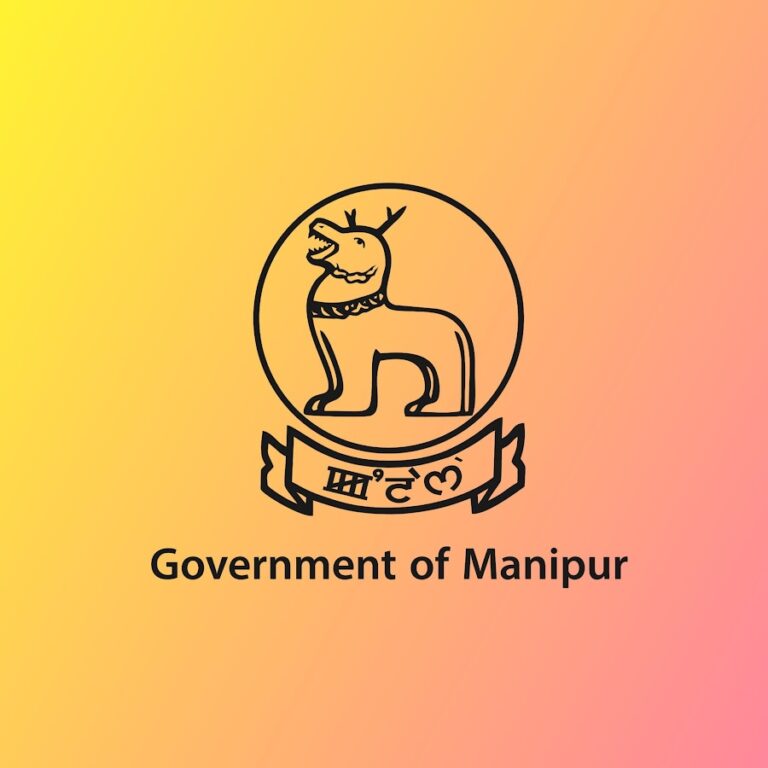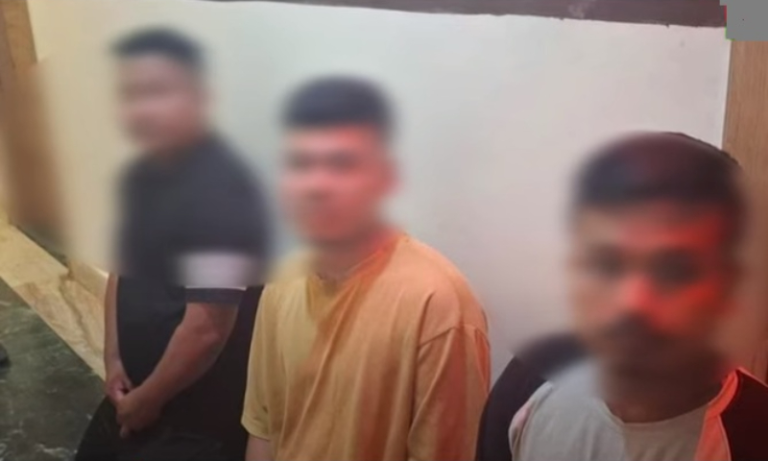One Nation, One Election: Priyank Kharge Calls It a BJP Diversion Tactic
Summary
Congress leader Priyank Kharge recently criticized the BJP’s push for “One Nation, One Election” as a diversion from pressing issues, particularly the ongoing crisis in Manipur. He argued that such a policy shift, while logistically appealing, undermines democratic principles and ignores the more immediate concerns of governance and accountability. Kharge emphasized the need for solutions to real problems, like social unrest and economic instability, instead of focusing on electoral reforms that may centralize power.
In-Depth Analysis
What is ‘One Nation, One Election’?
The “One Nation, One Election” concept proposes synchronizing elections for Lok Sabha, state assemblies, and local bodies to reduce costs, streamline governance, and minimize the election cycle’s disruptions. While it has been debated for years, the BJP has made it a central focus, arguing that it will foster political stability and efficiency.
Priyank Kharge’s Critique
Priyank Kharge, a prominent Congress MP, has openly called the initiative a “diversionary tactic” by the BJP. He alleges that the ruling party is using this as a smokescreen to deflect attention from critical issues like the conflict in Manipur, unemployment, and rising communal tensions. Kharge’s comments reflect the broader opposition sentiment that the BJP prioritizes its political agenda over resolving crises affecting millions.
Manipur Crisis: The Real Issue?
The northeastern state of Manipur has faced severe unrest for months, with ethnic clashes and governance issues paralyzing the region. Critics argue that instead of addressing the humanitarian and administrative challenges in the state, the BJP is focusing on electoral strategies to consolidate power.
Kharge’s focus on Manipur highlights the perceived disconnect between national policies and regional realities. He called on the central government to prioritize resolving the state’s ethnic tensions over implementing complex electoral reforms.
The Feasibility of ‘One Nation, One Election’
While the idea sounds straightforward, it poses significant challenges:
- Legal Hurdles: Amending the Constitution to align the terms of state assemblies with the Lok Sabha is a monumental task.
- Regional Autonomy: Opponents argue that the policy might undermine the federal structure by centralizing power at the national level.
- Practical Concerns: Critics question how the government would handle instances where a state government collapses mid-term under such a system.
BJP’s Defense
Union ministers and BJP leaders have defended the policy as forward-thinking and necessary to reduce “election fatigue” and public expenditure. They argue that the opposition’s critique stems from a fear of losing electoral advantages in the current staggered system.
Broader Political Implications
Adopting this policy could reshape Indian politics. Smaller, regional parties may struggle to compete in a synchronized electoral system, potentially giving national parties like the BJP and Congress a significant edge. However, this centralization might alienate voters in culturally and politically distinct regions.
Is the Timing Suspicious?
The timing of the renewed push for “One Nation, One Election” has raised eyebrows, especially as it coincides with the BJP facing criticism on multiple fronts, including economic concerns, social unrest, and governance issues. This has led to allegations that the policy is an attempt to dominate public discourse while sidelining uncomfortable topics.
FAQs
1. What is the aim of ‘One Nation, One Election’?
The initiative aims to synchronize elections across all levels of government to save resources and reduce disruptions caused by frequent elections.
2. Why does Priyank Kharge oppose it?
Kharge believes the BJP uses this initiative to divert attention from pressing issues like the Manipur crisis and unemployment.
3. What are the challenges of implementing this policy?
Key challenges include amending the Constitution, aligning the terms of various legislative bodies, and ensuring regional representation is not compromised.
4. How does the BJP justify the proposal?
The BJP argues that synchronized elections will streamline governance, reduce costs, and foster long-term policy stability.
5. Could this policy affect regional parties?
Yes, critics suggest that smaller regional parties might find it harder to compete, potentially leading to a more centralized political landscape.


